In a recent post on Best Meditation Videos, I asked the question, “Is there a self?”
The post was inspired by a video featuring Dr. Thomas Metzinger, a philosophy professor and cognitive scientist. His answer to my questions is, “No!”
The Buddhist teachings on non-self were outlined in that post.
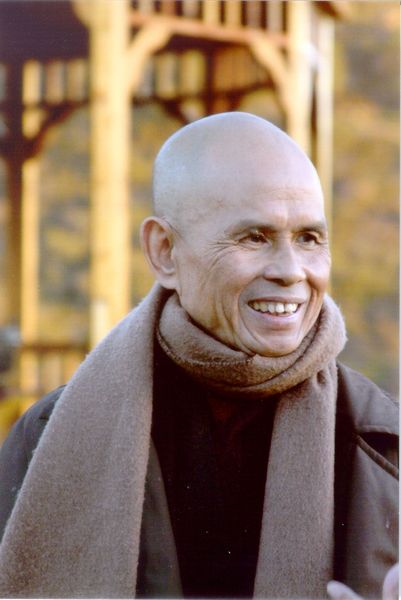 Here, we provide deeper look into the Buddhist concept of non-self based on a Shambhala Sun interview of Zen Master Thich Nhat Hanh by Melvin McLeod. The article, This Is the Buddha’s Love, appeared in the March 2006 issue.
Here, we provide deeper look into the Buddhist concept of non-self based on a Shambhala Sun interview of Zen Master Thich Nhat Hanh by Melvin McLeod. The article, This Is the Buddha’s Love, appeared in the March 2006 issue.
The Teaching of Non-Self
After establishing that the goal of meditation practices is to bring us back to our true home, Melvin McLeod asked,
What is the difference between this true self, the self you come home to, and how we normally think of ourselves?
Thich Nhat Hanh: True self is non-self, the awareness that the self is made only of non-self elements. There’s no separation between self and other, and everything is interconnected. Once you are aware of that you are no longer caught in the idea that you are a separate entity.
Melvin McLeod: What happens to you when you realize that the true nature of the self is non-self?
Thich Nhat Hanh: It brings you insight. You know that your happiness and suffering depend on the happiness and suffering of others. That insight helps you not to do wrong things that will bring suffering to yourself and to other people. If you try to help your father to suffer less, you have a chance to suffer less. If you are able to help your son suffer less, then you, as a father, will suffer less. Thanks to the realization that there is no separate self, you realize that happiness and suffering are not individual matters. You see the nature of interconnectedness and you know that to protect yourself you have to protect the human beings around you.
That is the goal of the practice—to realize non-self and interconnectedness. This is not just an idea or something you understand intellectually. You have to apply it to your daily life. Therefore you need concentration to maintain this insight of non-self so it can guide you in every moment. Nowadays, scientists are able to see the nature of non-self in the brain, in the body, in everything. But what they have found doesn’t help them, because they cannot apply that insight to their daily lives. So they continue to suffer. That is why in Buddhism we speak of concentration. If you have the insight of non-self, if you have the insight of impermanence, you should make that insight into a concentration that you keep alive throughout the day. Then what you say, what you think, and what you do will then be in the light of that wisdom and you will avoid making mistakes and creating suffering.
Melvin McLeod: So the practice of mindfulness is to try to maintain the insight of non-self and interconnectedness at all times.
Thich Nhat Hanh: Yes, exactly.
The rest of the interview is filled with references to non-self and is a very good read.
When you wake up in the morning, you already can experience your interbeing (interconnectedness) with your bed, your blankets, your sheets, your pillows and your partner (if you have one).
Each of these items and people are connected to you in a deep way.
The company that manufactured the bed had to obtain their raw materials from many places and hire many people to produce the bed.
The sheets may have partially come from cotton that had be picked, sent to market, spun into cloth and sewn into sheets and pillow case. Many people and processes were involved in this step.
Your blankets may be made of wool and you are therefore connected with the sheep, the farmer and everyone and everything else that brought the blanket into your house. If you went to the store to buy the blanket, how many people and things were you connected to in acquiring the blanket?
Even in this simple example, the interconnections go on and on.
Let me ask you this. Do you still believe that you have a separate existence? Are you an isolated self?
Please share your thoughts, feelings, and questions below.




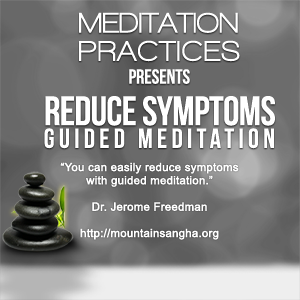
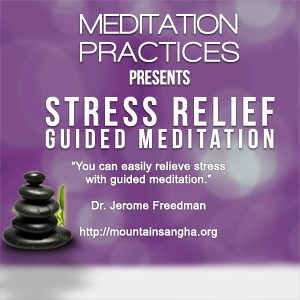


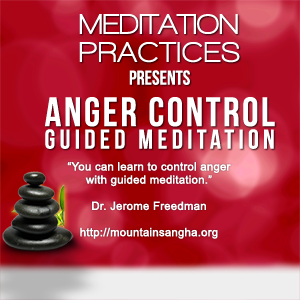
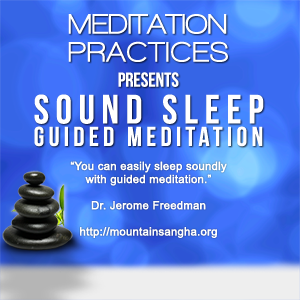
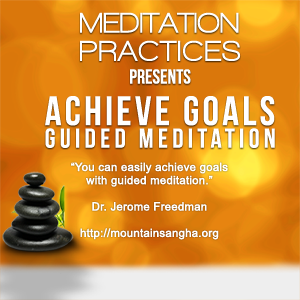

.jpg)
You must be logged in to post a comment.